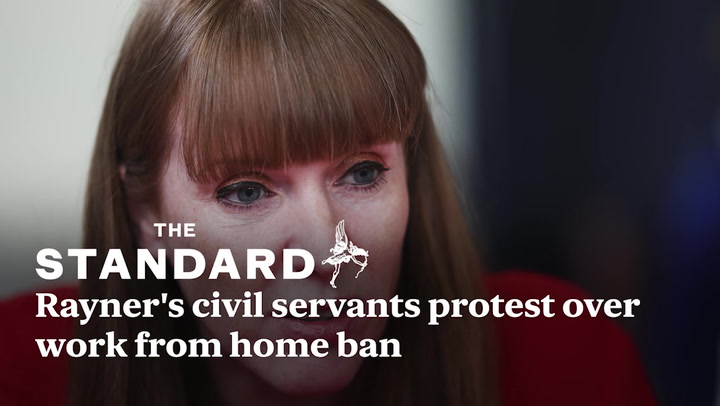Understanding Civil Servants Industrial Action in the UK

Introduction: The Importance of Civil Servants’ Rights
The civil service sector is crucial for the smooth running of government operations in the United Kingdom. Recently, many civil servants have embarked on industrial action due to various grievances including low pay, job insecurity, and worsening working conditions. This industrial action is significant as it poses risks not only to public services but also to the broader morale of government workers.
Recent Developments in Industrial Action
As of October 2023, approximately 80,000 civil servants have taken part in strikes orchestrated by the Public and Commercial Services Union (PCS). The action comes after failed negotiations regarding pay increases that align with inflation, which has surpassed 10%. In August 2023, the UK experienced its highest inflation rates in over 40 years, severely diminishing the purchasing power of many workers.
The strikes have affected key services across the country, including tax offices, border control, and job centres, leading to the suspension of certain services. Many families are left waiting for critical benefits, and fears of backlog and disruption mount as striking workers refuse to return until their demands are met.
Possible Outcomes and Future Implications
Negotiations between the government and unions are ongoing, but the outcomes remain uncertain. The government has proposed a less than inflationary pay rise, which has been met with strong resistance from labour leaders. PCS General Secretary Mark Serwotka stated, “We will not back down until our demands for fair pay and treatment are met.” This tension hints at a prolonged period of unrest within the civil service.
If the industrial action continues, it may challenge the government’s ability to deliver essential services effectively and could lead to more widespread support from other public sector workers. There is speculation that the outcome of this action will pave the way for a potential shift in governmental negotiations surrounding pay and labour rights.
Conclusion: The Significance for Citizens
The ongoing industrial action by civil servants signifies not just a dispute over pay but reflects wider issues of job security and the treatment of public sector workers in the UK. As these demonstrations unfold, citizens are urged to stay informed about possible disruptions to services that are vital to their daily lives. Furthermore, the results may set a precedent for future negotiations across various sectors, determining how the UK economy navigates the ongoing cost-of-living crisis. This situation continues to evolve, and its significance will resonate beyond government offices into the fabric of British society.






